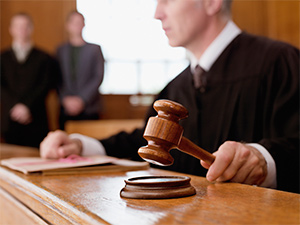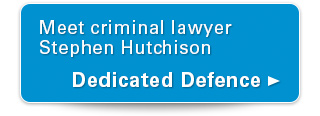
Read About British Columbia Criminal Court Procedures

Ralston & Associates wants you to have a full understanding of what happens when you are charged with a criminal offence. We believe in clear and open communication at all times and will work hard to defend your rights to the extent of the law. We’re pleased to present the following information below regarding criminal court procedures.
Criminal lawyer Stephen Hutchison and the staff of Ralston & Associates is pleased to represent clients throughout the Lower Mainland and beyond on all types of criminal charges.
Criminal Court Procedures
When an incident occurs and the police investigate, a report is prepared by all police officers involved and together these reports, analysis and other exhibits form the Report to Crown Counsel. When the office of Crown Counsel receives the report, it is documented as having been received and is forwarded to the Charge Approval Crown, who can do one of three things:
-
Approve the charge and send it to the court registry to be sworn
-
Refuse to prosecute
-
Return it to the police with questions
If the Crown has approved the charge, the matter will be in court on first appearance. On occasion, the paper work will not be done on time. When that happens, a summons will be mailed to you or, if conditions are sought (i.e. a no contact order in a case of assault), a warrant may be issued for your arrest.
We Appear on Your Behalf
When Ralston & Associates appears on your behalf on first appearance, the Crown provides us with the particulars of the Crown case. The matter is then put over for three or four weeks to an arraignment hearing. In the time between first appearance and the arraignment hearing, we consider the report to Crown and, if and when the opportunity arises, we speak to Crown about their sentencing position. This can sometimes lead to a negotiated plea. We also have a chance to ask for more disclosure.
At the Arraignment Hearing
At the arraignment hearing we file a report and fix both the date for trial and an earlier date to confirm that all parties are ready to proceed to trial. In many cases that we defend, we attend court on a number of occasions and simply adjourn the case over for two or three weeks. We often do this to enable us to speak with Crown Counsel about the case.
Generally, we ask that our clients not attend court until the trial confirmation hearing. We do this for two reasons:
-
On any given day, we deal with a number of different cases in several different courtrooms, making it difficult to say precisely when we will be called upon to be in a specific courtroom at a specific time
-
In cases where identification is an issue
If you are looking for experienced legal representation, contact Ralston & Associates and get the defence you deserve.

